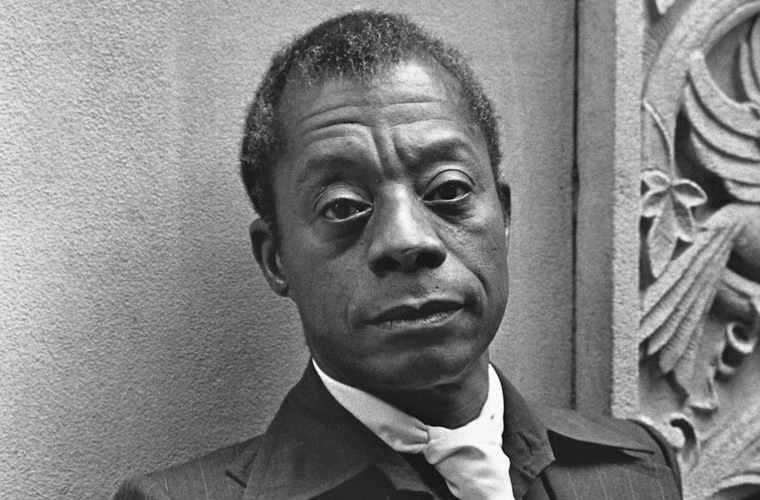James Baldwin was an influential American writer, essayist, and social critic whose work addressed complex issues of race, sexuality, and class in the United States. Born in Harlem, New York City in 1924, Baldwin’s experiences growing up in a racially segregated society deeply influenced his writing and activism. Throughout his career, he challenged societal norms and advocated for civil rights, making a lasting impact on American literature and culture.
Baldwin’s early life was marked by poverty and instability. His stepfather was a strict Pentecostal preacher, and Baldwin struggled with his identity as a gay black man in a society that often rejected those who did not conform to traditional norms. Despite these challenges, Baldwin found solace in literature and writing, and he began to explore his passion for storytelling and social commentary. In 1948, Baldwin moved to Paris to escape the racial prejudice and homophobia of the United States. This period of self-imposed exile allowed him the freedom to explore his identity and develop his literary voice. It was during this time that he wrote his first novel, “Go Tell It on the Mountain,” which drew from his own experiences growing up in Harlem and grappling with questions of faith, family, and belonging.
Throughout the 1950s and 1960s, Baldwin became a prominent voice in the civil rights movement, using his writing to challenge the status quo and advocate for social justice. His essays, including “Notes of a Native Son” and “The Fire Next Time,” offered powerful critiques of racism and oppression in America, earning him a reputation as a fearless and uncompromising intellectual. Baldwin’s work often explored the intersection of race, sexuality, and identity, offering a nuanced and empathetic portrayal of the human experience. His writing delved into the complexities of love, desire, and the search for belonging, shedding light on the ways in which societal expectations and prejudices shape individual lives.
In addition to his literary contributions, Baldwin was also an outspoken public figure, participating in debates and discussions on race and politics. He engaged with prominent figures such as Malcolm X and Martin Luther King Jr., offering unique insights into the challenges facing African Americans in the mid-20th century. Baldwin’s impact extended beyond the literary world, influencing generations of writers, activists, and scholars. His unflinching honesty and moral clarity continue to resonate with readers today, inspiring conversations about race, identity, and the pursuit of equality.
In his later years, Baldwin continued to write and speak out on issues of social justice, never shying away from difficult conversations or uncomfortable truths. His legacy as a writer and activist endures, reminding us of the power of storytelling to provoke change and challenge injustice.
James Baldwin’s life and work serve as a testament to the enduring power of literature to confront injustice and inspire empathy. His fearless exploration of race, sexuality, and identity has left an indelible mark on American culture, shaping conversations about equality and social progress for decades to come. As we continue to grapple with these issues today, Baldwin’s voice remains a vital source of wisdom and insight, urging us to confront our shared humanity with courage and compassion.


